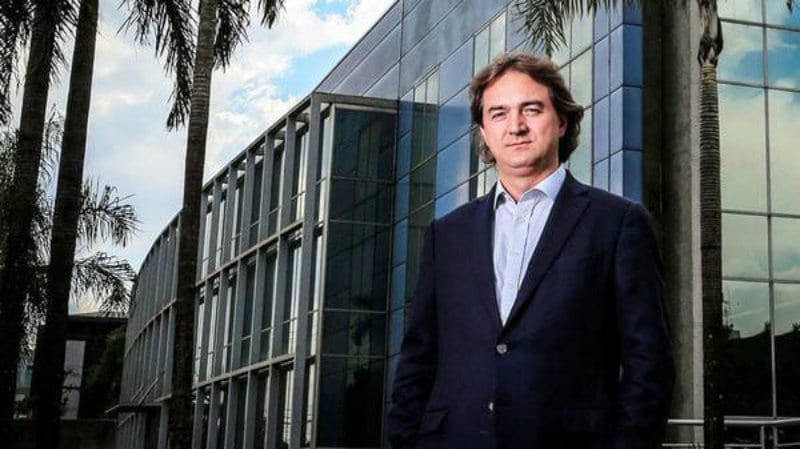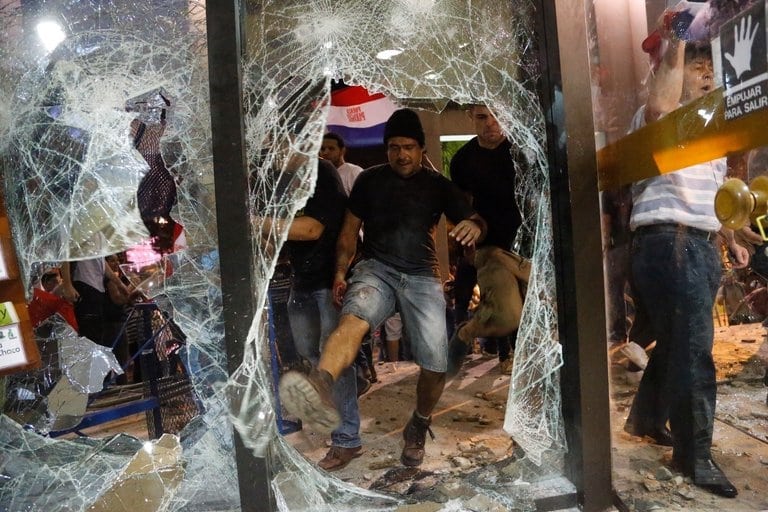
SAO PAULO – The former chairman of the world’s largest meatpacker, whose testimony implicated Brazil’s president in corruption, turned himself in to police Sunday after the country’s Supreme Court ordered his arrest.
Joesley Batista has avoided prosecution under a plea bargain deal in which he described how meatpacking giant JBS had bribed dozens of politicians, including President Michel Temer.
Earlier this year, Temer was charged with corruption for allegedly orchestrating a scheme in which he would get payouts totaling millions of dollars for helping JBS resolve a business issue.
Temer denies wrongdoing, and Congress voted in August that he would not stand trial on the charge while in office.
Brazil’s sprawling probe into the massive trade in bribes and kickbacks for favors between companies and politicians, known as Operation Car Wash, continues to churn out new allegations on almost a daily basis.
This week the country’s chief prosecutor, Rodrigo Janot, filed charges against three former presidents and several other powerful politicians, accusing them of forming criminal organizations to pilfer from public coffers, and authorities detained a former Cabinet minister and close ally of Temer after US$16 million in cash was found in an apartment linked to him.
Janot also has said he plans to file more charges against Temer. To do so, he’ll need to act in the coming days since his terms ends on Sept. 18.
The specter that Batista and others withheld information could cast a pall over the Car Wash investigation, which has relied heavily on plea bargain deals, a fairly new innovation here.
Janot said last week that he is investigating whether Batista and other cooperating witnesses omitted some information from their testimony and he has threatened to revoke the deals if they didn’t tell the whole truth.
The revelation came after Janot’s office received audio of a conversation between Batista and Ricardo Saud, an executive at J&F Investimentos, the holding company that controls JBS. The men apparently did not know they were being recorded, and Janot said it contained vague references to potentially illicit activity not previously disclosed, including the possibility of wrongdoing in his own office and at the Supreme Court.



